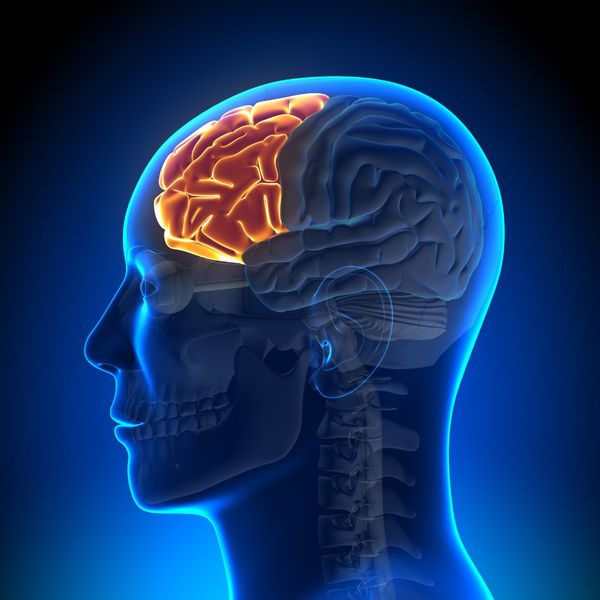An Introduction to Frontotemporal Disorders: Beyond Alzheimer's
When it comes to dementia, Alzheimer's disease is often the most discussed. However, frontotemporal disorders (FTD) represent a group of conditions that affect the frontal and temporal lobes of the brain, leading to significant changes in behavior, language, and movement. At Circle of Life, we believe in shedding light on these lesser-known conditions to enhance understanding and support for those affected.

The Basics of Frontotemporal Disorders
Frontotemporal disorders are characterized by the degeneration of neurons in the brain's frontal and temporal lobes. Unlike Alzheimer's, which typically affects memory first, FTD disorders often impact behavior or language initially. This can manifest as changes in personality, social conduct, and communication abilities.

Types of FTD
FTD is a spectrum that includes the behavioral variant FTD (bvFTD), which affects personality and behavior, and primary progressive aphasia (PPA), which impairs language skills. Other forms target motor functions, leading to conditions like progressive supranuclear palsy and corticobasal syndrome.

Recognizing the Symptoms
Symptoms of FTD can vary widely depending on the affected brain areas. They may include abrupt changes in behavior, difficulty with language and speech, emotional blunting, and physical symptoms like muscle weakness or tremors. Early recognition of these signs is crucial for management and support.

Challenges and Support
Managing FTD requires a tailored approach, focusing on symptom management, support for families, and maximizing quality of life. Circle of Life offers specialized care plans and resources for families navigating the complexities of FTD, providing a compassionate and informed network of support.
Frontotemporal disorders present unique challenges to individuals and their families. If you or a loved one are experiencing symptoms of FTD, Circle of Life is here to help. Our dedicated team offers the expertise and empathy needed to navigate this journey, ensuring that no one has to face FTD alone. Contact us to explore how we can support you and your family.
